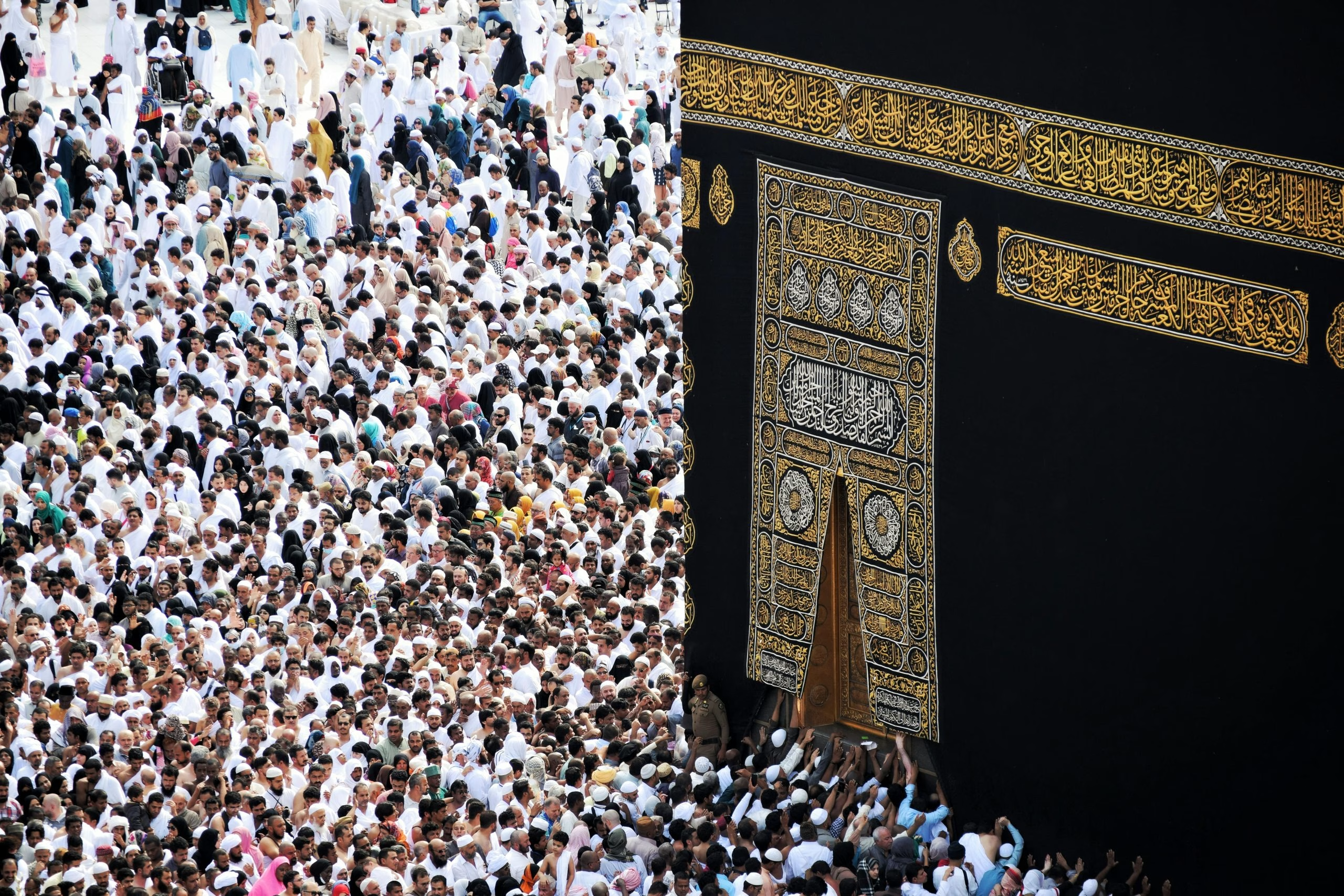Should Muslims celebrate New Year?
Should Muslims Celebrate New Year? When the world welcomes New Year with fireworks, parties, countdowns and celebrations, a Muslim’s heart reacts differently. Islam teaches us that the passing of time…

Articles, News,Podcast and videos
Should Muslims Celebrate New Year? When the world welcomes New Year with fireworks, parties, countdowns and celebrations, a Muslim’s heart reacts differently. Islam teaches us that the passing of time…

Here is a detailed look at the virtues of a Hafiz/Hafiza (the one who memorizes the Quran), practical tips for memorization and retention, and the immense rewards promised by Allah…

Your Digital Dawah: Using Social Media to Share the Beauty of Islam In today’s hyper-connected world, our lives are intricately woven with social media. Our feeds are a constant stream…

Have you ever been so engrossed in a game or a movie that you temporarily forgot about the real world? For a moment, the stakes on the screen feel incredibly…

Umrah — a beautiful journey of the heart and soul, a Sunnah of our beloved Prophet ﷺ, and a golden chance to wipe away sins and start anew. Yet, many…

Letting Go of Grudge and Enmity: A Path to Inner Peace in Islam “Do not hate one another, do not envy one another, do not turn away from one another,…

Hadith on Kindness This hadith tells us plainly that kindness beautifies everything. Without kindness, even good deeds lose their charm. This is a powerful reminder: if you want Allah’s mercy,…
